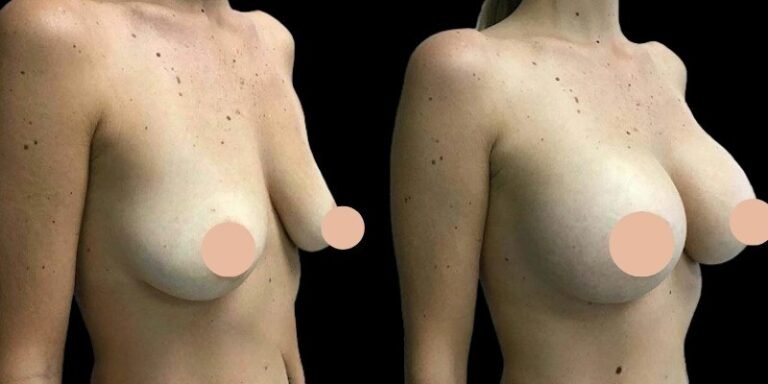Nerve injuries can be confusing, painful, and deeply concerning. Whether caused by trauma, surgery, repetitive strain, or underlying conditions like diabetes, damaged nerves can lead to numbness, tingling, weakness, or even severe chronic pain. If you’re wondering, “Will this heal on its own, or do I need medical help?”—you’re not alone.
At the Neurology and Pain Management Clinic (NPMC) in Delhi, Dr. Gautam Arora, MBBS, MD, DM, offers expert care for patients dealing with nerve injuries and related conditions. In this article, we’ll break down how nerves heal, when you can expect recovery without intervention, and when professional treatment is essential.
Understanding Nerve Injuries
Your nervous system is a complex network of sensory and motor nerves that send messages between your brain, spinal cord, and the rest of your body. When these nerves are damaged by compression, stretching, laceration, or inflammation, your body’s normal messaging system is disrupted.
There are different types of nerve injuries:
-
Neuropraxia: Mild, temporary injury (usually from compression or minor trauma)
-
Axonotmesis: More serious damage to the nerve fibres, but with the sheath intact
-
Neurotmesis: Complete severing of the nerve; typically requires surgical repair
Can Nerves Heal Naturally?
The answer depends on the type and severity of the injury.
Mild nerve injuries (Neuropraxia)
These often heal on their own within days to weeks. For example, a “funny bone” injury or temporary compression from sleeping awkwardly can cause temporary numbness or tingling, usually resolving without treatment.
Moderate injuries (Axonotmesis)
These injuries may recover partially or fully, but healing takes longer—weeks to months and may require physical therapy or medications. Nerve regeneration occurs slowly, at about 1mm per day, depending on location and age.
Severe injuries (Neurotmesis)
These typically do not heal without intervention. Surgery is often needed to reconnect or graft the damaged nerve. Delaying treatment in such cases can lead to permanent loss of function.
Signs Your Nerve Injury Needs Treatment
You should seek expert care if you experience:
-
Persistent numbness, weakness, or pain
-
Muscle atrophy or loss of coordination
-
Pain that worsens over time
-
Loss of bladder or bowel control
-
No improvement after 2–4 weeks
In such cases, nerve conduction studies or electromyography (EMG)—available at NPMC—can help pinpoint the problem and guide treatment.
How Are Nerve Injuries Treated?
Depending on your condition, Dr. Gautam Arora may recommend:
-
Medications (pain relievers, nerve stabilisers like pregabalin or gabapentin)
-
Physical therapy to improve mobility and prevent muscle loss
-
Steroid injections to reduce inflammation
-
Surgical repair or nerve grafting
-
Neuromodulation (like spinal cord stimulation for chronic nerve pain)
Early treatment improves the chances of full recovery and prevents long-term complications.
When to See a Specialist
If your symptoms last more than a few days or are interfering with daily life, don’t wait. Nerve injuries may seem minor at first, but delaying care can lead to irreversible damage. At NPMC, Dr. Arora uses advanced diagnostics and individualised treatment plans to give patients the best chance at recovery.
Conclusion
While some minor nerve injuries can heal on their own, more serious cases require professional intervention to avoid lasting damage. If you’re experiencing prolonged symptoms or worsening pain, it’s time to consult an expert.
Your nerves are essential to everything you do—don’t take chances with your recovery. Contact Neurology and Pain Management Clinic (NPMC), Delhi, and take the first step toward healing with Dr. Gautam Arora’s expert care.





